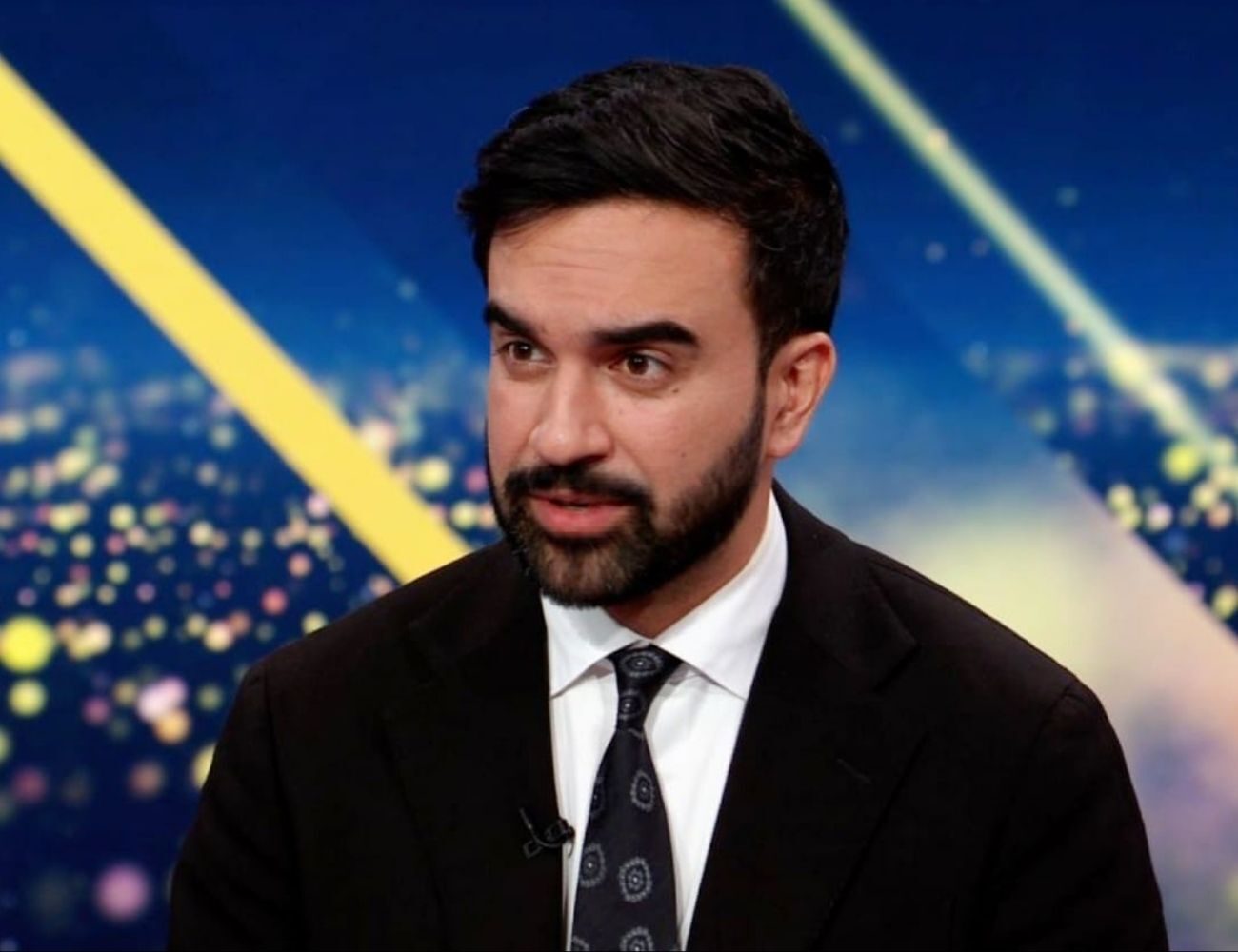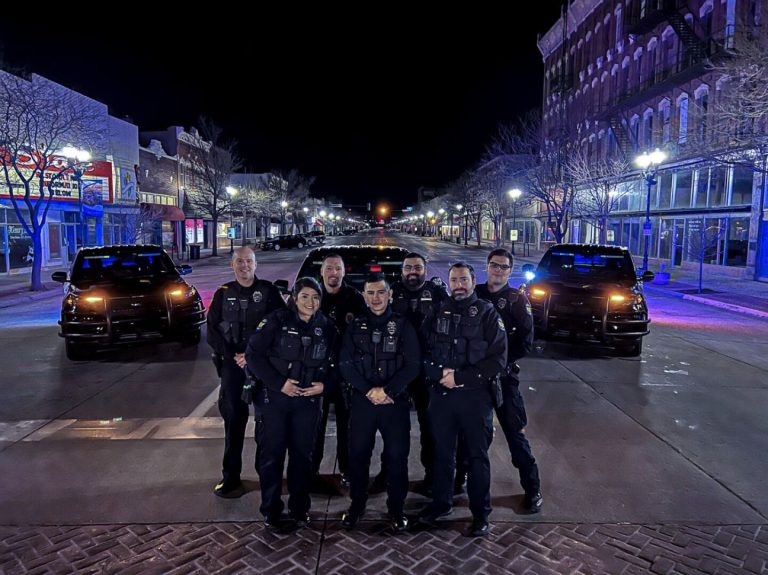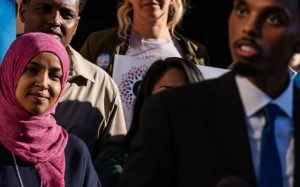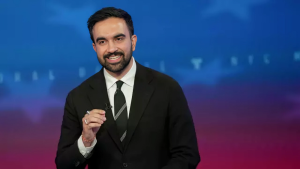Introduction
In a historic election, Zohran Mamdani has won the New York City mayoral race. His victory marks multiple firsts: Mamdani is the city’s first socialist, first Muslim, and first mayor of South Asian descent.
The Uganda-born lawmaker delivered a fiery victory speech at Brooklyn’s Paramount Theatre, promising sweeping progressive reforms. From rent freezes to free bus service, Mamdani’s agenda is ambitious. Voters sent a clear message: they want bold change.
A Historic Mandate
Mamdani’s win is more than a personal triumph. It reflects a shift in New York City politics. Speaking to supporters, he said, “New York, tonight you have delivered a mandate for change, a mandate for a new kind of politics.”
He invoked leaders like Eugene Debs and Jawaharlal Nehru to signal his socialist vision. “A moment comes, which comes but rarely in history, when we step out from the old to the new,” Mamdani said. His words captured both gratitude and defiance.
Raised on Manhattan’s Upper West Side, Mamdani thanked working-class New Yorkers who powered his campaign. “Fingers bruised from lifting boxes on the warehouse floor, palms calloused from delivery bike handlebars, knuckles scarred with kitchen burns — these are not hands that have been allowed to hold power,” he said.
https://twitter.com/ThomasMHern/status/1985933286997217397
Mamdani’s Progressive Agenda
Mamdani’s campaign promises focus on the daily struggles of working-class and marginalized residents:
-
Rent Freeze: Two million residents in regulated apartments will see their rents frozen, easing the burden of skyrocketing housing costs.
-
Free Citywide Bus Service: Transportation costs will be reduced, making commuting accessible to all New Yorkers.
-
Universal Child Care: Parents can expect affordable, quality child care citywide.
-
Department of Community Safety: Mental health calls will be handled by trained professionals instead of the NYPD, prioritizing care over enforcement.
These policies signal a bold departure from traditional mayoral approaches and directly target the cost-of-living crisis affecting many New Yorkers.
https://twitter.com/CurtisHouck/status/1985929846048927904
Defying the Establishment
Mamdani’s speech also carried sharp political commentary. He criticized former Governor Andrew Cuomo and President Donald Trump, portraying his win as a rejection of establishment politics.
“My friends, we have toppled a political dynasty,” he told the cheering crowd. “Let tonight be the final time I utter [Cuomo’s] name as we turn the page on a politics that abandons the many and answers only to the few.”
By framing his victory as a triumph over entrenched power, Mamdani positioned himself as a candidate of the people. Analysts say this could reshape New York City politics for decades.
A Message for Immigrant and Marginalized Communities
Mamdani highlighted his personal background to connect with immigrant voters. Born in Uganda and raised in Manhattan, he emphasized that his win belongs to all immigrant New Yorkers. He condemned Islamophobic attacks on his campaign and celebrated the diverse coalition that propelled him to victory.
“This city belongs to you,” he said. His inclusive rhetoric resonates in a metropolis long defined by cultural and ethnic diversity.
Public Reaction and Political Implications
Mamdani’s win is historic on multiple fronts. Analysts note that New York City has traditionally been governed by moderate or centrist Democrats. Mamdani’s socialist platform, now endorsed by voters, could influence policy far beyond housing and transportation.
Experts predict that his administration will prioritize economic equity, affordable housing, and social services. By demonstrating that a socialist agenda can win in a major U.S. city, Mamdani’s success could inspire progressive movements nationwide.
Local businesses, community groups, and labor organizations are watching closely. Some applaud his bold vision, while others express caution, citing potential economic and political risks.
Symbolism and Cultural Resonance
Mamdani’s speech was filled with symbolic references. Quoting Eugene Debs, a pioneering American socialist, and Jawaharlal Nehru, India’s first prime minister, he framed his victory as a turning point in history.
He also honored ordinary workers, calling attention to their struggles and contributions. His words — “Fingers bruised from lifting boxes… knuckles scarred with kitchen burns… these are not hands that have been allowed to hold power” — emphasized a populist message: leadership belongs to the many, not the few.
Challenges Ahead
While victory is historic, the real test begins with governance. Implementing ambitious reforms like citywide free bus service and universal child care will require navigating a complex bureaucratic landscape.
Mamdani must also manage expectations. In his speech, he acknowledged the challenge ahead: “When we enter City Hall in 58 days, expectations will be high. We will meet them.”
Balancing progressive ambitions with practical governance will be critical. Analysts will be closely monitoring his first months in office to see if promises translate into results.
Conclusion
Zohran Mamdani’s election marks a turning point for New York City. As the first socialist, first Muslim, and first South Asian mayor, he represents both historic symbolism and a concrete shift in policy priorities.
With sweeping reforms promised, a focus on marginalized communities, and a rejection of establishment politics, Mamdani’s administration could reshape the city for generations. Voters delivered a clear message: they are ready for change, and Mamdani has pledged to deliver it.
New York, as Mamdani declared, now holds the power. “This city belongs to you,” he said. And for millions of residents, the dawn of a new political era is only beginning.

Emily Johnson is a critically acclaimed essayist and novelist known for her thought-provoking works centered on feminism, women’s rights, and modern relationships. Born and raised in Portland, Oregon, Emily grew up with a deep love of books, often spending her afternoons at her local library. She went on to study literature and gender studies at UCLA, where she became deeply involved in activism and began publishing essays in campus journals. Her debut essay collection, Voices Unbound, struck a chord with readers nationwide for its fearless exploration of gender dynamics, identity, and the challenges faced by women in contemporary society. Emily later transitioned into fiction, writing novels that balance compelling storytelling with social commentary. Her protagonists are often strong, multidimensional women navigating love, ambition, and the struggles of everyday life, making her a favorite among readers who crave authentic, relatable narratives. Critics praise her ability to merge personal intimacy with universal themes. Off the page, Emily is an advocate for women in publishing, leading workshops that encourage young female writers to embrace their voices. She lives in Seattle with her partner and two rescue cats, where she continues to write, teach, and inspire a new generation of storytellers.









